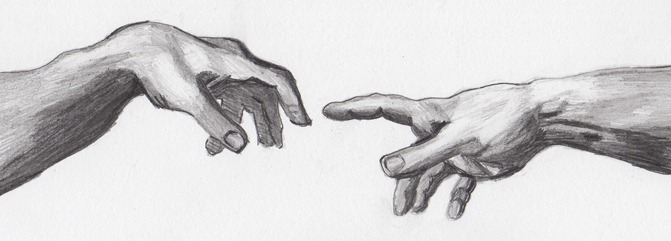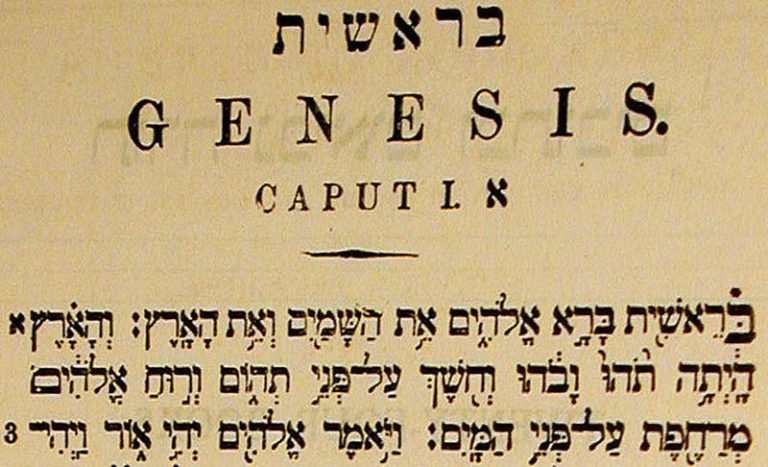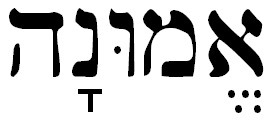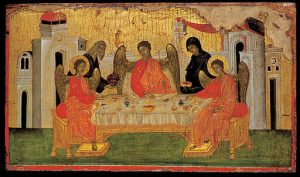by Bruce Okkema
Then God said, “Let us make humankind in our image, according to our likeness; and let them have dominion over the fish of the sea, and over the birds of the air, and over the cattle, and over all the wild animals of the earth, and over every creeping thing that creeps upon the earth. So God created humankind in his image, in the image of God he created them; male and female he created them. God blessed them, and God said to them, “Be fruitful and multiply, and fill the earth and subdue it; and have dominion over the fish of the sea and over the birds of the air and over every living thing that moves upon the earth. – Genesis 1:26-28
These are the generations of the heavens and the earth when they were created. In the day that the LORD God made the earth and the heavens, when no plant of the field was yet in the earth and no herb of the field had yet sprung up; for the LORD God had not caused it to rain upon the earth, and there was no one to till the ground; then the LORD God formed man from the dust of the ground, and breathed into his nostrils the breath of life; and the man became a living being. – Genesis 2:4-7
Numerous volumes have been written attempting to explain the creation account in the book of Genesis. There have been all kinds of discussions about its purpose, its meaning, and the “science” of it. But certainly most of us would agree, whatever our theology, that many questions remain with room for debate.
Lay aside any debate for a while, and ponder the magnificence of the story and the beauty of the pictures in front of us. We have in the first two chapters of the Bible an account of history that could not have been generated by human memory, because it comes from a time before mankind existed. Either the Lord revealed these things directly to Moses, or He told someone who had gone before and it was passed down from generation to generation.
In any case, Moses relates two adjacent versions of creation which are different in order, content, and emphasis. Chapter 1 emphasizes the transcendent God who is supreme over the universe, while chapter 2 focuses on his very special creation and his relationship to the one created in his own image. It is in this connection (Gen 2:4) that we have the first use of God’s Holy Name, used nineteen times in chapters 2 and 3, but not once in chapter 1, — and seldom throughout the rest of the Torah.
Can you comprehend a God big enough to create something in his image with the ability to choose not to follow instructions? Can you feel the hurt in the Lord’s heart when we choose not honor him? Can you imagine the joy in his heart when we do so choose?
The Lord has given us full dominion over all his creation, will you choose to serve him?
Photocred: Art-Jam






 “Know therefore that the LORD your God is God; he is the faithful (emunah) God, keeping his covenant of love to a thousand generations of those who love him and keep his commands. “
“Know therefore that the LORD your God is God; he is the faithful (emunah) God, keeping his covenant of love to a thousand generations of those who love him and keep his commands. “

